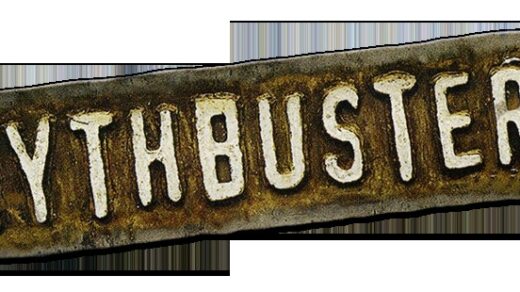
While the title of this post may not be the sexiest, it is a topic worth speaking of. Non-profit organizations in Canada play a crucial role in addressing social, environmental, and community needs. The success and effectiveness of these organizations heavily rely on the diligence, ethical conduct, and decision-making of the board of directors. In Canada, nonprofit directors have a fiduciary duty. That duty is a legal and ethical obligation to act in the best interests of the organization. It is essential for board members to understand their fiduciary duty. Additionally, they must distinguish it from the roles and responsibilities of staff and ex-officio elements within the organization.
Fiduciary Duty of Non-Profit Board Members
The fiduciary duty of non-profit board members in Canada encompasses several key responsibilities. Firstly, they are required to act with honesty, good faith, and in the best interests of the organization. This includes the duty to exercise due diligence in decision-making, avoid conflicts of interest, and maintain the confidentiality of the organization’s sensitive information. Additionally, board members must ensure financial accountability, transparency, and compliance with legal and regulatory requirements. Often times, the board empowers senior management to execute these duties and report back to them.
Over time, the understanding of fiduciary duty has evolved. It now emphasizes the strategic role of board in overseeing the organization’s mission and goals. The scope of fiduciary duty has expanded beyond financial oversight to encompass risk management, ethical considerations, and long-term sustainability. This evolution reflects the increasing complexity and diversity of challenges faced by non-profit organizations in the modern landscape. One of the biggest issues facing boards is the notion of monetary reserves. How much should the organization hold? COVID has taught is that we need to have more in reserves than we originally thought.
Contrast with Duties of Staff and Ex-Officio Members
In contrast to the fiduciary duty of the board, the duties of staff and ex-officio within a non-profit organization differ significantly. Staff are responsible for the day-to-day operations, program implementation, and management of the organization. While they contribute to the achievement of the mission, they do not have the same legal and ethical obligations as board members. People in ex-officio roles are often appointed due to their status in other organizations or institutions, or they may have a symbolic or advisory role but typically do not have voting rights or legal accountability comparable to that of the board.
Staff are not legally responsible to execute the fiduciary duties of the board — the buck stops with those members. However, the execution of those duties (legal requirements and filings, etc.) are often delegated to staff members. Please remember though that it is a director’s obligation to ensure that these tasks are carried out.
Directors and Officers Insurance
Given the increased complexity and potential liability associated with non-profit governance, charities must prioritize the protection of their board through comprehensive directors and officers (D&O) insurance. D&O insurance provides financial protection to board members in cases of alleged wrongful acts, negligence, or mismanagement. It is a critical risk management tool. It not only safeguards the personal assets of individual board members but also fosters a culture of confidence and commitment to the mission of the organization. Are board members aware that they are personally liable for the financial commitments that a board makes? D&O is so important — I would never sit on a board that doesn’t have this kind of insurance!
The fiduciary duty of non-profit board members in Canada is a cornerstone of effective governance, accountability, and ethical leadership. Understanding and fulfilling this duty is essential for the success and sustainability of non-profit organizations. As the landscape of non-profit operations continues to evolve, it is imperative for leadership to stay informed about their responsibilities and the need for adequate protection through directors and officers insurance. This commitment to effective governance will ultimately contribute to the positive impact and growth of the charitable sector in Canada.
L’chaim.
jack




